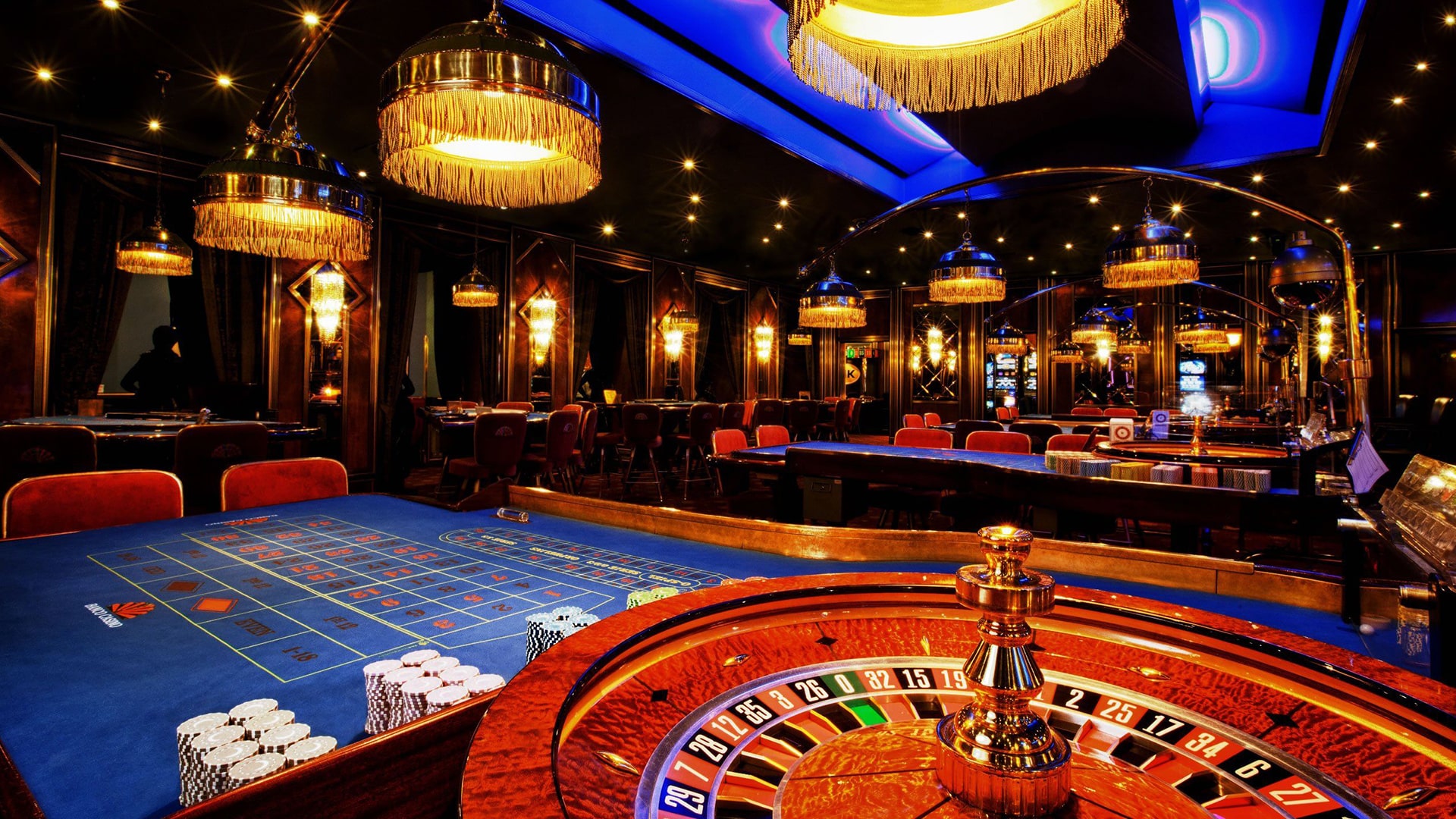
Casino games have long enthralled gamblers from all walks of life, drawing them into vibrant casinos filled with the noises of spinning wheels, clattering chips, and cheering crowds. The thrill of chance and the allure of potential winnings create an exhilarating atmosphere that keeps players returning for more. Whether it is the excitement of a slot machine, the strategic play of poker, or the anticipation of a roulette wheel, casino games offer a distinct combination of entertainment and risk that can be hard to resist.
At the heart of this fascination lies a psychological pull that varies from person to person. For a few, the excitement of hitting a jackpot can elevate their mood, while for many, it’s a social experience that brings friends together. The colorful visuals, engaging sounds, and sometimes lavish environments of casinos greatly improve the appeal, making each visit an adventure waiting to unfold. As we delve into why gamblers are drawn to these games, we uncover the deeper motivations and emotions that fuel their passion for the betting tables.
Understanding Gambling Psychology
The appeal of casino games frequently arises from the intricate psychology of gambling itself. Many individuals find appealing the thrill of risking money for the possibility of winning more, as it speaks to a innate human desire for excitement and gain. This rush can create a profound emotional experience. The mix of risk and potential monetary gain can trigger a release of dopamine, making players feel alive.
Additionally, the design of casino games is designed to hold players interested. The use of luminous lights, captivating sounds, and the social atmosphere of casinos can enhance the excitement. Players typically find themselves immersed in these spaces, where the expectation of a win draws them back repeatedly. This sensory stimulation encourages extended play, as the immediate feedback from wins, however minor, reinforces the desire to gamble more.
Finally, mental shortcuts play a crucial role in gambling behavior. Many gamblers fall prey to the misconception of control, believing they have power over outcomes even in games of luck. This belief can lead to excessive confidence and the continuation of play, despite mounting losses. Additionally, gamblers often remember their wins more clearly than their losses, which can skew their understanding and enhance the desire to gamble more. This complex interplay between emotions and cognitive factors helps illustrate why so many are drawn to casino games.
A Appeal of Gaming Settings
The environment of a gambling establishment is distinctively enthralling, pulling in bettors with its mix of excitement and suspense. The visuals and sounds of whirling gaming machines, enthusiastic players, and the repetitive clinking of cash create an immersive experience that is difficult to pass up. The bright neon signs and energetic design foster a sense of excitement that keeps visitors involved and motivates them to linger longer. This contagious setting contributes to the overall charm of casino games, enticing both inexperienced and veteran bettors alike.
Furthermore, gaming establishments are engineered to arouse the senses in a fashion that makes gamblers feel as though they are setting out on a thrilling expedition. The thoughtful positioning of games, inviting areas, and on-the-house snacks enhance the overall attraction, making visitors feel cherished and spoiled. Many casinos also include decorative decorations and intricate themes that take visitors to different dimensions, amplifying the thrill. Such settings foster a feeling of escapism, allowing gamblers to disregard their normal existences and plunge into the thrilling realm of risk. https://ga179.design/
Finally, the existence of other gamblers amplifies the communal aspect of gaming, creating a collective rush. Connections among players, be it through playful chitchat or shared joy during a big success, cultivate a feeling of community that many find attractive. This social interaction enhances the experience of participating in casino experiences, transforming it from a single activity into a collective journey. The combination of thrill, engaging settings, and social bonds makes casinos an irresistible place for players looking for recreation and a opportunity to win.
Understanding Gambling Dynamics
Gambling games are crafted with distinct mechanics that attract players. Each game has its own set of rules, betting structures, and probability ratios, allowing players to engage with the game on diverse levels. The thrill of making a bet and the anticipation of the outcome creates an electric atmosphere. Comprehending these mechanics can deepen a player’s appreciation for the game and improve their overall experience.
An additional crucial aspect of game mechanics is the idea of randomness. Many casino games, especially poker machines and table games, rely on RNGs or shuffling to determine outcomes. This randomness is what keeps players returning; the unpredictable nature of the game creates a notion of hope and excitement. Knowing that each spin or turn is independent of the last contributes to the appeal, as players feel they have a chance at winning, regardless of past outcomes.
Finally, the emotional response tied to game mechanics should not be neglected. The excitement of a major payout or the tension during pivotal moments are essential to the enjoyment of casino games. Such emotional highs and lows utilize psychological triggers that keep players engaged for longer periods. Understanding these emotional responses to game mechanics can help explain why individuals are drawn to the thrill of casino games, constantly seeking that next exhilarating moment.